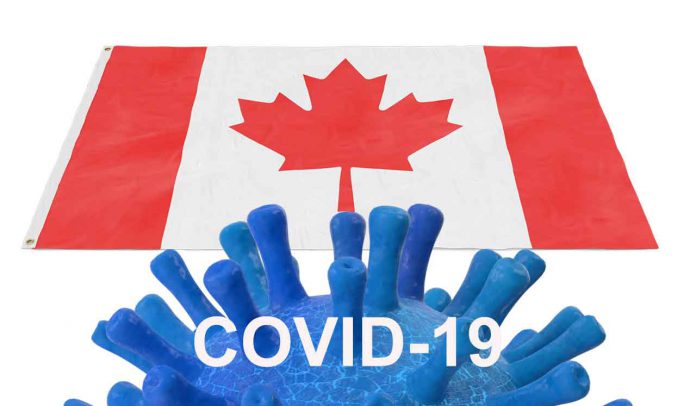THUNDER BAY – Keeping Canada safer has taken on new responsibilities during the COVID-19 pandemic. The Canada Border Services Agency is tasked with ensuring the emergency regulations are respected.
There are reports across Canada of Americans crossing the border, legally and yet then failing to follow the quarantine regulations. Two Americans were recently charged with that in Fort Frances after crossing at that point of entry.
There have been, in the west, instances where American citizens seeking to travel to Alaska have been apparently violating the law, and taking their time to holiday in Canada, many have been staying or visiting in Banff.
Overall the international border remains closed to most traffic.
Further to announcements made on April 15 and May 12, the Canada Border Services Agency (CBSA) is temporarily reducing service hours at additional land, air, and marine ports of entry (POE) in addition to deferring seasonal opening hours at select POEs. These COVID-19 related measures are temporary and in effect as of July 3, 2020, at 11:59 pm EDT. They will remain in effect until further notice.
The only Ontario Point of Entry impacted is Brockville Blockhouse Island, Ontario.
The Government of Canada remains committed to protecting the health and safety of Canadians and reducing the spread of COVID-19 in Canada. The temporary restriction on discretionary travel at the Canada-United States border remains in place.
The CBSA will proceed with the following temporary measures:
- reducing the hours of operation at 12 land POEs;
- reducing the hours of operation at eight air POEs;
- deferring the seasonal opening of one marine POE; and
- deferring the shift to seasonal hours of operation at one land POE.
Economic supply chains and trade will remain open and the CBSA continues to work to ensure that access to goods and services is not interrupted. As such, these changes should not affect commercial traffic.
The CBSA remains committed to ensuring that Indigenous people continue to be able to move within and between their communities, and are able to provide and access essential goods and services.
Quick facts
- This temporary reduction of service hours and deferral of opening select seasonal POEs will be reviewed on an ongoing basis as the public health situation evolves.
- The temporary restriction on discretionary travel at the Canada-United States border put in place on March 21 at 12:01 a.m. EDT continues. This restriction is in place until at least July 21, 2020.
- All persons entering Canada – no matter their country of origin or mode of entry – must isolate themselves for 14 days if they have symptoms of or confirmed COVID-19 or quarantine themselves for 14 days if they do not have symptoms of COVID-19.
- As of March 31, 2020, anyone arriving in Canada in any mode (air, land or marine) must provide their contact information to a border services officer when seeking entry. This information is collected on behalf of the Public Health Agency of Canada to support their compliance and enforcement of the 14-day quarantine or isolation requirement outlined in Order in Council 2020-0524. Travelers are encouraged to download the mobile ArriveCAN App prior to arrival to reduce wait times and limit contact at the border. The App is available on the Apple App and Google Play stores.
- For the latest on cross-border programs and services, travelers can call the CBSA’s Border Information Service at 1-800-461-9999.








 Fort Frances Homicide Investigation: Murder Charge Laid Following Discovery of Missing Man
Fort Frances Homicide Investigation: Murder Charge Laid Following Discovery of Missing Man